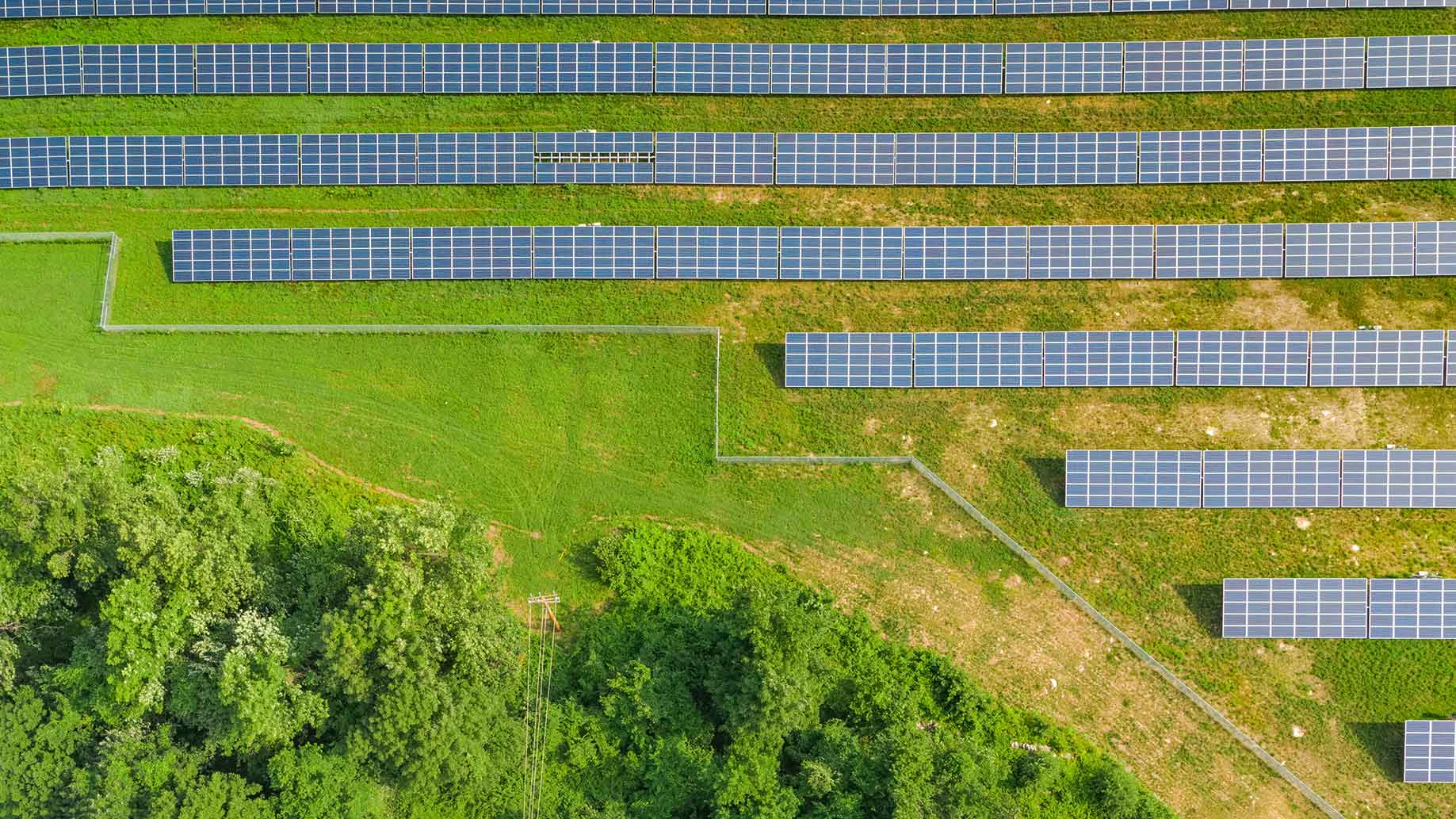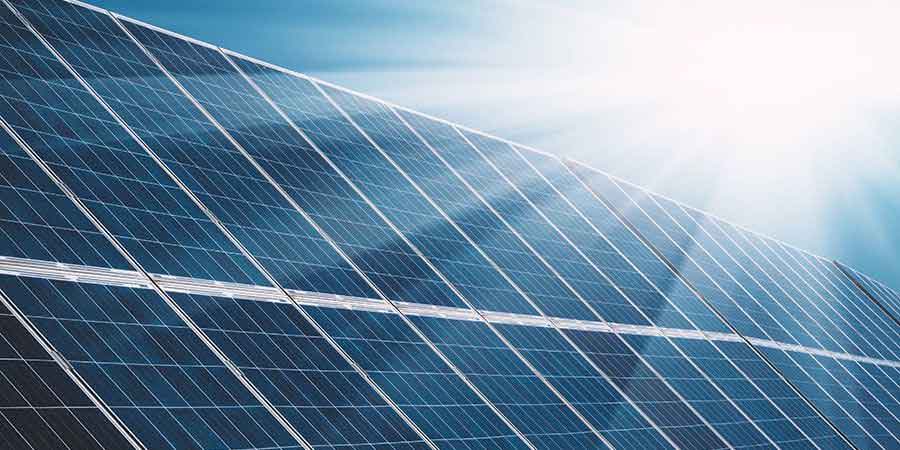Important HVAC Maintenance Tips for Homeowners
The Importance of HVAC Maintenance
When was the last time you checked out your home’s HVAC system? A home heating and cooling system works hard all year long to keep your family comfortable. From cooling things down in the summer to keeping the house warm during the cool winter months, there’s no doubt that routine HVAC maintenance is important for your home. But did you also know that a healthy HVAC system makes a big impact on your home’s energy efficiency? Here are some top tips from the pros on how to find an energy efficient unit and keep your system up and running efficiently for many years to come.

How To Choose An Energy Efficient HVAC System
Choosing an HVAC system that has been rated as energy efficient will not only save you money, it can help you drastically reduce the amount of greenhouse gas emissions that your home is responsible for each year. One easy way to identify energy efficient HVAC systems is to simply look for the Energy Star logo. These models are known to cut your home’s greenhouse gas emissions by 30% annually. In addition to making a positive environmental impact, an Energy Star rated HVAC system typically uses 8% less energy. Considering a home’s HVAC system is responsible for nearly half of its total energy usage, that could add up to a big savings in areas that are heating and cooling regularly.
Top HVAC Maintenance Tips
1.) Get a professional inspection
With proper maintenance, a home HVAC system should last between 12-15 years or more. If it’s been a while since the system was inspected or professionally cleaned, consider hiring an HVAC professional to evaluate the overall condition and functionality of the unit. HVAC inspections can help identify areas where preventative maintenance and repairs are needed, and the process will also help educate you on the proper care for your system. Having the ductwork cleaned every 3-4 years is also important, as this can help reduce the amount of dust that comes into the home and helps maximize airflow.
2.) Replace the air filter
One of the easiest things you can do to keep your HVAC system running smoothly is to regularly replace the air filter (experts recommend doing this every 30-90 days, depending on usage). Using high-efficiency pleated air filters are well worth the added cost, as they are designed to catch more dust and other allergens than standard filters. Having trouble staying on schedule? Consider signing up with an online filter store for automatic delivery of filters based on your needs. This not only helps ensure that you always have the right filter on hand, but it can also be a much more affordable alternative than purchasing filters one at a time at the hardware store.
3.) Regularly inspect the unit on your own
To help reduce the number of service calls you have to make throughout the year, take some time each month to check your system out. To maximize airflow, make sure that the HVAC unit has at least 2 feet of clear space around it at all times and remove any leaves, dirt or other debris that may accumulate. You can help keep the outdoor air compressor clean by simply spraying it down with a hose or wiping it down with a damp cloth. Checking the refrigerant lines every month for signs of leaking or cracking is also important, as these types of issues can reduce the efficiency of your air conditioner and lead to bigger problems down the road.
4.) Know when to schedule a service call
It’s important to recognize when your HVAC system needs repairs. If you aren’t generating good airflow when you run the unit or notice odd sounds when it’s running, then it’s a good idea to call an HVAC company for help. Issues with improper airflow and strange noises are often related to having dirty ductwork, debris blockages or loose nuts and bolts. Staying on top of these types of repairs and routine service needs will help you get the most out of your system all year long.



